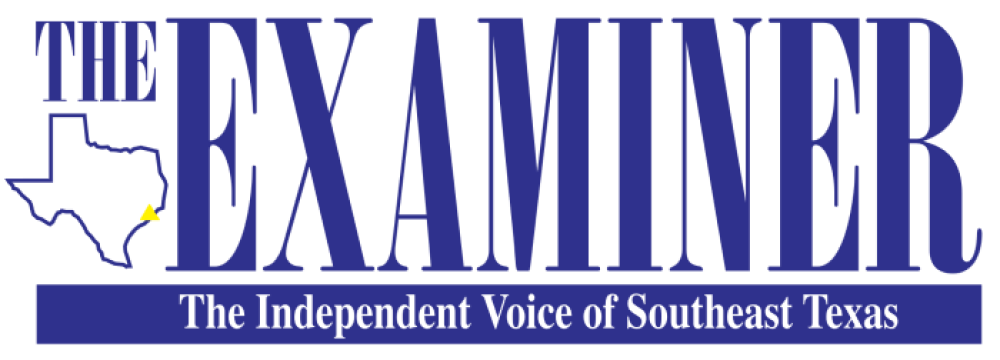“Many people think of Alzheimer’s disease as something that happens only to older people. Unfortunately, that’s not the truth,” reports Scott Finley of the Texas Alzheimer’s Association.
Finley said that, “It’s something that happens, but few people know it happens.”
Typically referred to as early-onset Alzheimer’s, the disease affects people under the age of 65, many in their 40s and 50s, and can manifest itself in any of the three stages of Alzheimer’s disease: early, middle or late.
Scientists have pinpointed some case of early-onset Alzheimer’s caused by inherited genes, but a consensus has not been reached as to why others are afflicted at such an early age.
“Getting an accurate diagnosis can be very frustrating,” Finley wrote in an email to create awareness of the disease, adding that even health care professionals aren’t always tuned in to the existence of early-onset Alzheimer’s. “The disease affects individuals differently and symptoms can vary from person to person. Doctors and other health care providers generally don’t search for Alzheimer’s in younger people.”
Younger adults presenting symptoms of early-onset Alzheimer’s are sometimes misdiagnosed as exhibiting stress, Finley added.
“If you are experiencing memory problems, you should get a comprehensive medical evaluation with a physician specializing in Alzheimer’s,” according to Finley. “A thorough medical exam and possibly cognitive tests may be required, as well as a neurological exam and/or brain imaging. Be sure and keep an accurate log of any cognitive difficulties or symptoms of memory loss you can show your provider.
“Only a full and comprehensive medical evaluation can lead to a diagnosis.”
The Alzheimer’s Association recommends seeking medical treatment as soon as possible when experiencing symptoms. Visit alz.org or call the 24-hour helpline at (800) 272-3900.


